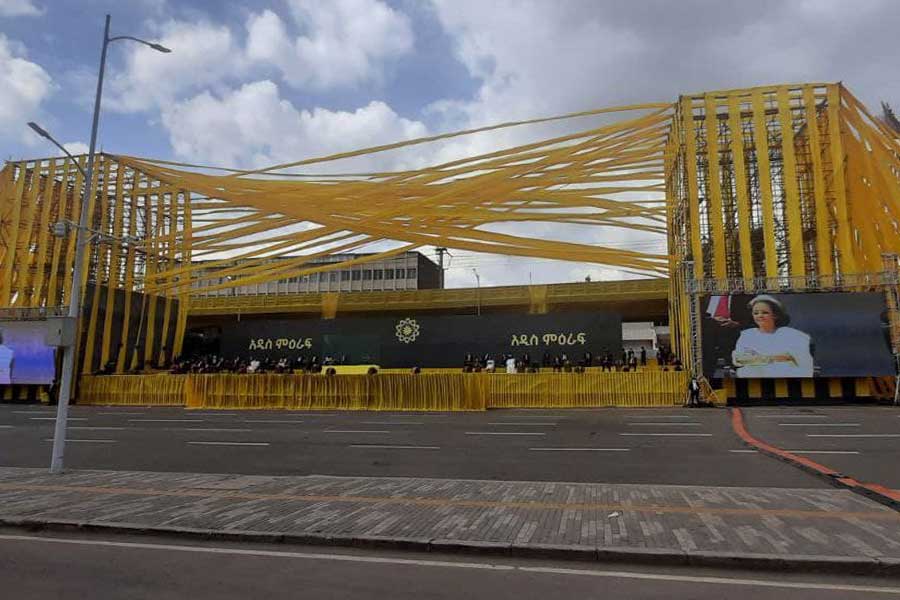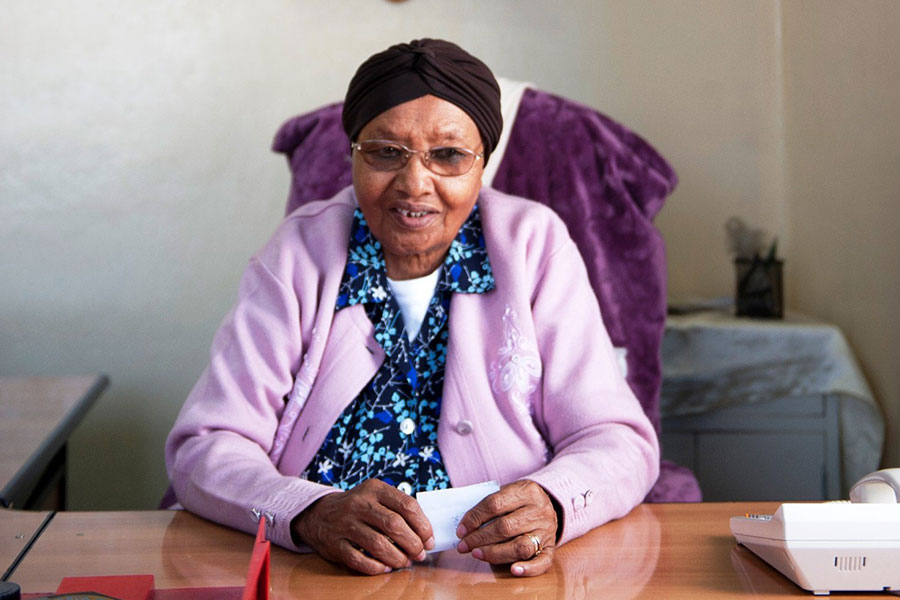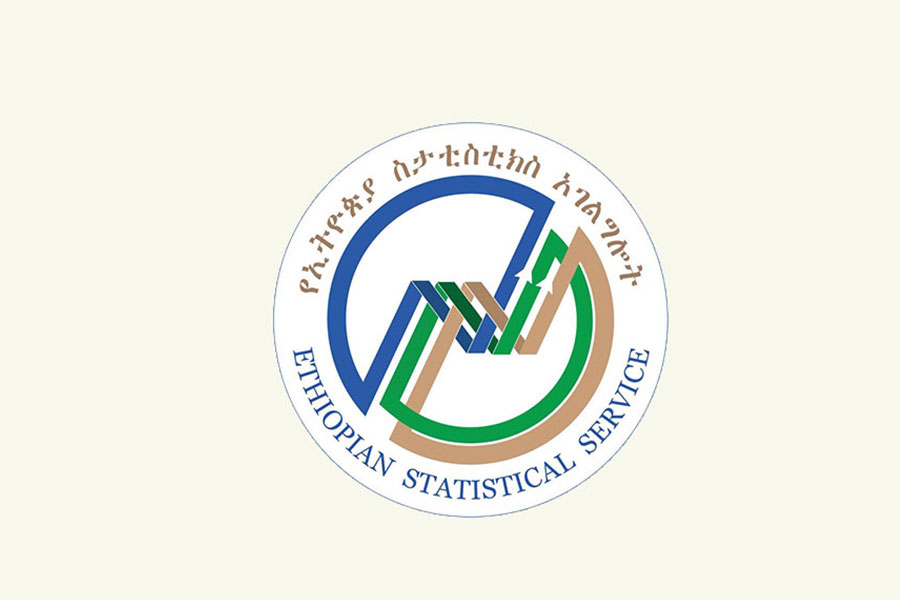
Fortune News | Jul 11,2021
The war-ravaged Tigray Regional State is undergoing hyperinflation, with two of its towns seeing the prices of goods skyrocketing by up to 2,300pc, according to a report released by the United Nations Office for the Coordination of Humanitarian Affairs (UN-OCHA).
In June this year, the Office conducted a rapid assessment on 10 items, including cooking oil, bread, salt, and benzene in Meqelle, the regional capital, and Shire, a town 50Km west. The quality of life there is deteriorating fast, nearly a year after the outbreak of the civil war. A litre of benzene increased 2,300pc to 600 Br in Meqelle, while the retail price of a litre of cooking oil quintupled in Shire, at 500 Br a litre. It is significantly higher than the headline inflation registered in other parts of the country, hitting 35pc last month.
Tigray has an estimated population of six million, of which 540,000 reside in Meqelle, according to OCHA. A third of the region's inhabitants required food assistance before the conflict. This number has grown to 5.5 million, 90pc of the total population, according to OCHA. Humanitarian organisations have been providing aid to avert the humanitarian crisis looming in the region but not covering a fraction of the need on the ground. The WFP has delivered 315,000 emergency nutrition rations to children and women in 31 woredas since February.
Recently, with the conflict intensifying in the neighbouring regional state of Amhara and Afar, international aid agencies could only reach 52,000 people, representing only one percent of the targeted population, OCHA disclosed.
"We're sending convoys of trucks containing aid items, fuel and medical equipment to the war zone," said Debebe Zewde, public relations director of the National Disaster Risk Management Commission.
Life for the inhabitants of Meqelle has been far from bearable. The Ethiopian Air Force struck the city for five days last week, with reports of civilian casualties. Federal authorities claim the airstrikes have targeted communications, training and logistics facilities used by armed forces in Tigray.
A man in his 50s, who requested anonymity, admits life in Mekelle is getting worse. Working for one of the NGOs based in the region, he has not been paid for the last two months. The excessively high cost of consumable goods and their unavailability has made it difficult for him and his family to survive.
"It's unthinkable to find [cooking] oil in the markets," he said. "Even if you do, the prices are too high," he said.
Another Meqelle resident says he has had no choice but to make a journey on foot due to the shortage of fuel in the city.
"Minibus taxies and transport service providers have stopped working," he told Fortune.
Fuel is not allowed to enter Tigray through Afar, UN-OCHA disclosed in its weekly update issued on Friday, October 21.
Assefa Admassie, an economics professor who once served as the Ethiopian Economics Association president, says high inflation in conflict zones is an expected phenomenon. It is driven partly by the disruption of supply chains and a lack of goods on the market, and consumer expectations.
"The solution is to end the conflict," said Assefa.
The war has expanded over the past few months, spilling over into the neighbouring Amhara and Afar regional states. Last week saw airstrikes hit targeted areas in Meqelle, heralding a new phase in the conflict. Despite declaring a unilateral ceasefire seven months following the breakout of war, it does not seem the federal government nor the armed forces in Tigray are close to having the desire for a political settlement to end the war.
International organisations are pressuring all parties involved to declare an unconditional ceasefire while warning that millions of people would face famine if the fighting continues. The United States has also threatened to impose sanctions.
PUBLISHED ON
Oct 23,2021 [ VOL
22 , NO
1121]

Fortune News | Jul 11,2021

Radar | Sep 26,2021

Sponsored Contents | Aug 22,2022

Radar | Dec 11,2021

Fortune News | Nov 04,2020

Fortune News | Oct 04,2021

Obituary | Jul 11,2021

Radar | Jun 21,2025

Viewpoints | Nov 27,2021

My Opinion | May 21,2022

Dec 22 , 2024 . By TIZITA SHEWAFERAW
Charged with transforming colossal state-owned enterprises into modern and competitiv...

Aug 18 , 2024 . By AKSAH ITALO
Although predictable Yonas Zerihun's job in the ride-hailing service is not immune to...

Jul 28 , 2024 . By TIZITA SHEWAFERAW
Unhabitual, perhaps too many, Samuel Gebreyohannes, 38, used to occasionally enjoy a couple of beers at breakfast. However, he recently swit...

Jul 13 , 2024 . By AKSAH ITALO
Investors who rely on tractors, trucks, and field vehicles for commuting, transporting commodities, and f...

Oct 25 , 2025
The regulatory machinery is on overdrive. In only two years, no fewer than 35 new pro...

Oct 18 , 2025
The political establishment, notably the ruling party and its top brass, has become p...

Oct 11 , 2025
Ladislas Farago, a roving Associated Press (AP) correspondent, arrived in Ethiopia in...

Oct 4 , 2025
Eyob Tekalegn (PhD) had been in the Governor's chair for only weeks when, on Septembe...